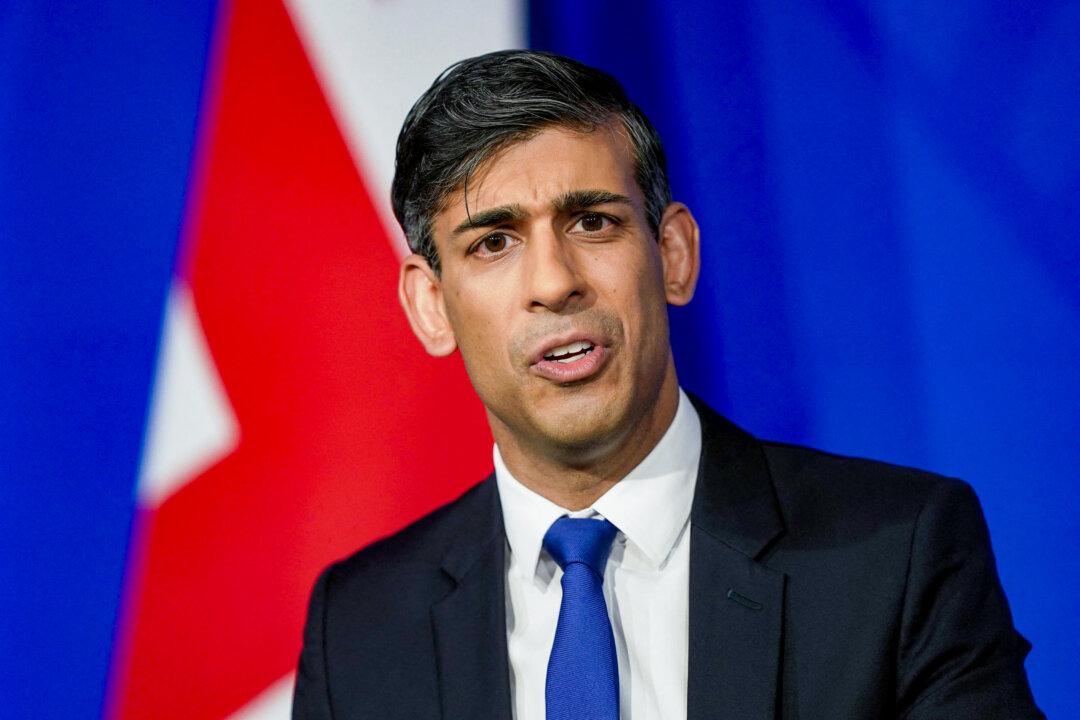The UK has condemned the Iranian regime’s attacks on Israel, saying it’s “reckless” and “senseless,” and deployed more jets and air refuelling tankers to the region to intercept airborne attacks.
Saturday’s attacks, launched two weeks after a suspected Israeli airstrike that killed two Iranian generals and several others, marked the first time the Iranian regime has launched a direct military assault on Israel, despite decades of enmity dating back to the country’s 1979 Islamic Revolution.





